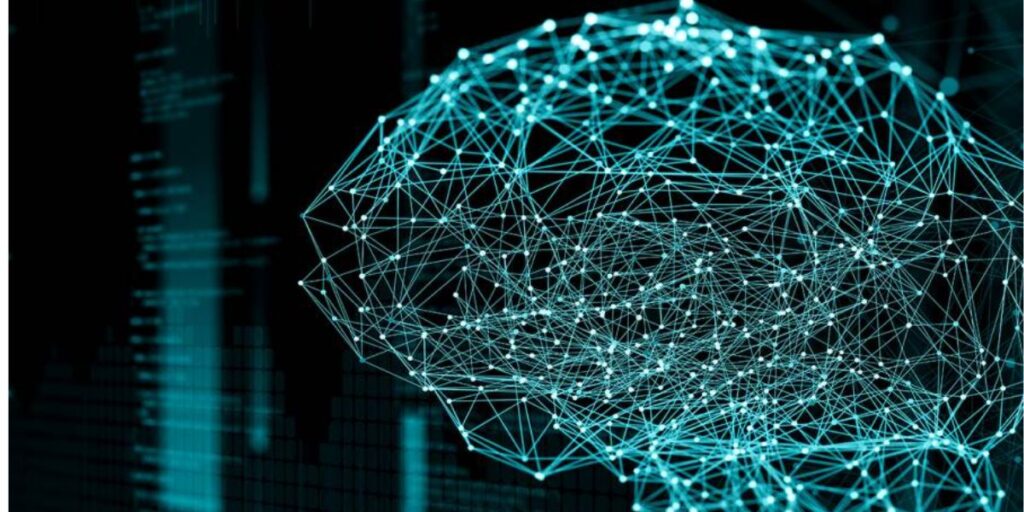Artificial Intelligence (AI) has been significant since its introduction. It has continually developed, with each phase marked by important improvements in technology and usage. The fifth generation of AI, “5G AI,” could be the most influential yet. It has the to completely alter industries, improve human potential, and tackle difficult global predicaments. This article covers the main characteristics, improvements, and possible influence of fifth-generation AI.
Getting to Know Fifth-Generation AI
Fifthgeneration AI is a major step in creating smart systems. The combination of progressive machine learning methods, natural language processing features, and cognitive computing abilities defines it. Unlike previous versions, 5G AI aspires to possess cognitive abilities similar to humans. This allows machines to comprehend, learn, reason logically and interact in ways that were once considered unique only to humans.
Main Characteristics of Fifth Generation AI
Technology Progression Powering 5G AI
The fifth generation of AI depends on recent technology developments,
- Quantum Computing, Quantum computing provides unmatched ability, allowing AI systems to tackle difficult problems out of reach for traditional computers.
- Neuromorphic Computing, Based on the human brain model, neuromorphic computing copies neural networks with specific hardware, resulting in more productive and potent AI systems.
- Big Data and IoT, The rise of big data and the Internet of Things (IoT) offer extensive datasets that aid in improving 5G AI algorithms by training and improving their precision and utility.
- Edge Computing, Edge computing lessens delay by processing data near its origin, making realtime AI applications possible which are vital for selfreliant systems and IoT devices.
Effects of Advanced AI
Advancements in fifthgeneration AI have multiple consequences for many industries,
- Healthcare, The new 5G AI has the capacity to dramatically change healthcare. It can help with targeted treatments, better diagnostic precision, and even better treatment plans. With help from advanced tools, physicians can more effectively diagnose diseases, forecast patient health trends, and give targeted medical advice.
- Transportation, Autonomous cars, with the help of 5G AI, offer safer and smoother travel options. They are adept at interpreting complicated surroundings, avoiding potential hazards and sharing information with other cars to avoid crashes.
- Education, Education platforms are becoming more effective with intelligent tutoring systems. These systems adapt to students’ individual needs providing specialized support and advice, which benefits the students’ learning experience.
- Finance, In financial sectors, 5G AI improves risk evaluation processes, spot frauds promptly and creates smart investment plans. By processing a large quantity of data using AI algorithms to identify patterns and trends allows businesses to make wellinformed calls.
- Environment, The usage of advanced technologies like fifthgeneration AI upholds environmental sustainability by efficient resource management, forecasting ecological changes and endorsing conservation actions. These AIs sift through data from various sources to draw conclusions about weather events and suggest effective protection strategies.
Moral and Social Factors
Like all advanced technology, fifthgeneration AI has important moral and social aspects to consider,
- Privacy, Because AI systems use a lot data, strong steps are needed to guard privacy and keep data safe.
- Bias and Fairness, The way AI algorithms are made and learned should prevent biases that could cause unfair or unequal results. Making sure fairness is part of AI decisions is key for ethical use.
- Job Loss, The automation potential of 5G AI could result in job loss in some sectors. Dealing with the social and economic effects of this change, like offering training programs for workers who lose their jobs, is critical.
- Openness and Responsibility, AI systems need to be open about how they operate and make decisions. Creating frameworks for responsibility can address misuse or unexpected outcomes.
Final Thoughts
The appearance of fifthgeneration AI marks a pivotal development in AI history. Its highlevel skills have the potential to change many sectors, promising a future where devices can extend human abilities, fix difficult issues and make the world more efficient and sustainable. Nonetheless, it’s critical to think about ethical and social effects, making sure AI’s advantages are spread fairly and responsibly across all communities.
